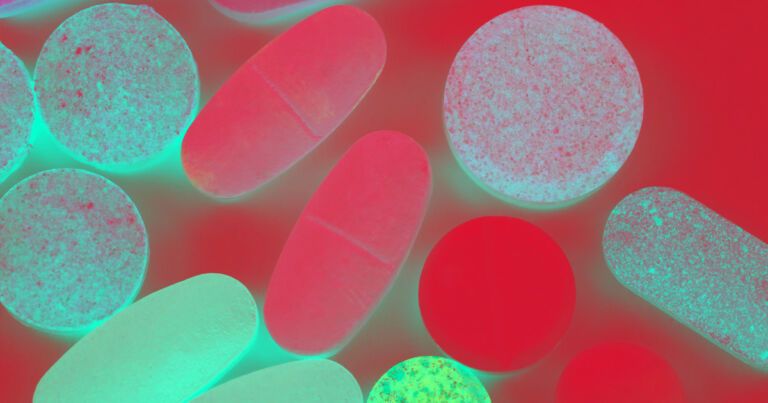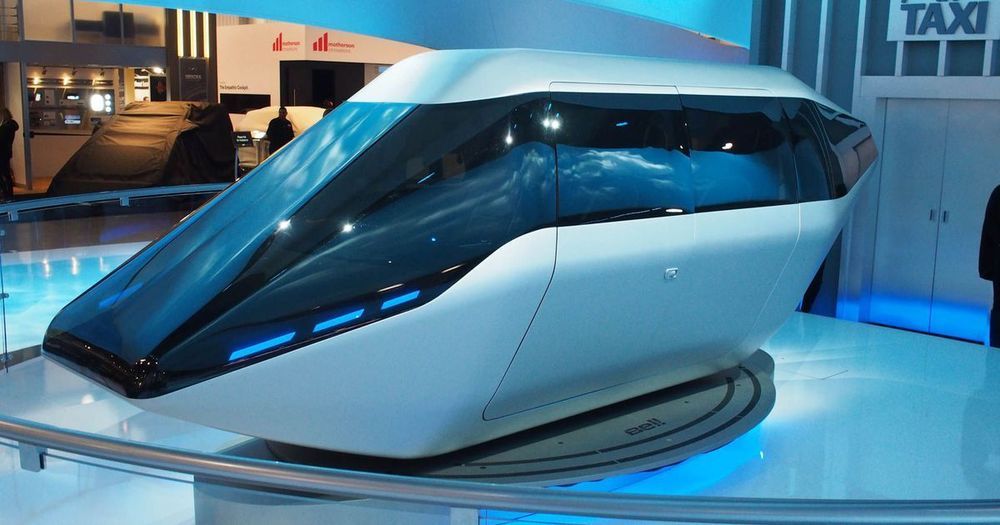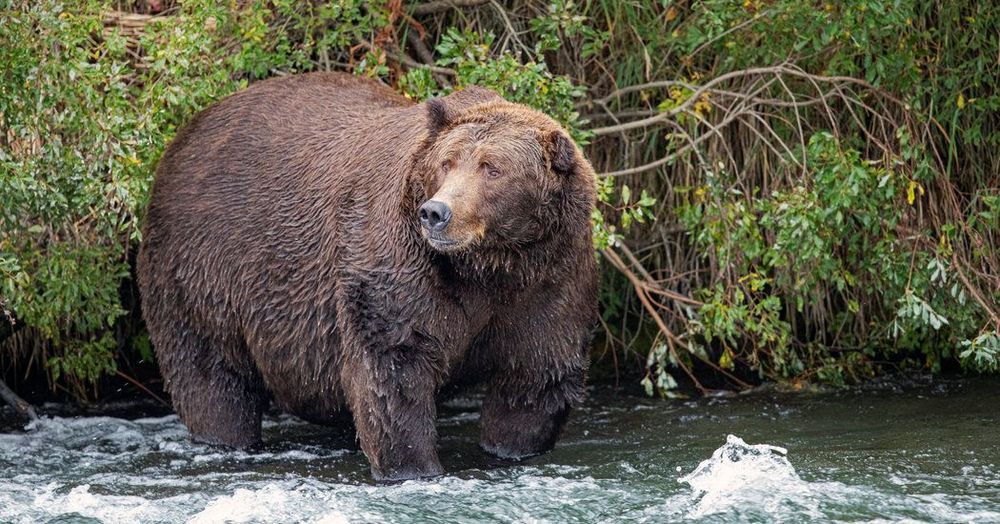These fog catching nets could be the answer to the world’s water crisis.
Get the latest international news and world events from around the world.


Glue Made of Human Protein Heals Wounds Faster and Better
Another bit of science fiction is coming to life as scientists develop a highly elastic and adhesive surgical glue similar to the one Ryan Gosling used to seal his wound in Blade Runner 2049.
Surgeons use sutures, staples, and wires (sometimes in combination with adhesive substances) to facilitate healing of external and internal wounds. These methods, however, are not optimal, especially for reconnecting contracting tissues like those of lungs, arteries and the heart.
Sutures are also not ideal for preventing the leaking of liquids from incisions. In addition, piercing tissues to place sutures can further damage the surrounding wound area and can increase the risk for infection.

Artificial intelligence algorithm can determine a neighborhood’s political leanings by its cars
From the understated opulence of a Bentley to the stalwart family minivan to the utilitarian pickup, Americans know that the car you drive is an outward statement of personality. You are what you drive, as the saying goes, and researchers at Stanford have just taken that maxim to a new level.
Using computer algorithms that can see and learn, they have analyzed millions of publicly available images on Google Street View. The researchers say they can use that knowledge to determine the political leanings of a given neighborhood just by looking at the cars on the streets.
“Using easily obtainable visual data, we can learn so much about our communities, on par with some information that takes billions of dollars to obtain via census surveys. More importantly, this research opens up more possibilities of virtually continuous study of our society using sometimes cheaply available visual data,” said Fei-Fei Li, an associate professor of computer science at Stanford and director of the Stanford Artificial Intelligence Lab and the Stanford Vision Lab, where the work was done.

This Drug Makes Mice Live Longer and Healthier Lives
The Buck Institute for Research on Aging scientists behind the research found that female mice that were fed enough AKG to maintain a younger mouse’s blood levels of the compound lived eight to 20 percent longer than the control group, according to research published Tuesday in the journal Cell Metabolism. On top of that, male and female mice who ate AKG had better fur color, stronger grips, and improved gait compared to others.
There’s a long and bumpy road between a successful mouse experiment and any sort of clinical applications for humans, but scientists are encouraged because AKG is already considered safe for humans to take.
“The big thing about this is that its safety profile is so good,” Holly Brown-Borg, a University of North Carolina aging researcher who didn’t work on the study told Science Magazine. “It has potential and should be explored further, for sure.”


Jeep reveals hybrid Wrangler, 1st US battery-powered vehicle
The company rolled out the first of them for the U.S. on Thursday, a plug-in rechargeable Wrangler to go on sale in America, Europe and China early next year.
The Wrangler 4xe can go 25 miles (40 kilometers) on electricity before a 2-liter turbocharged four-cylinder engine takes over. Drivers can choose to have an engine-powered generator recharge the batteries (at a higher fuel consumption rate), although it would take about 2.5 hours at 45 to 55 mph (72.4 to 88.5 kilometers per hour) to fully replenish them.
A big driver of the new offerings is FCA’s obligation to meet fuel economy and pollution regulations in Europe, China, and the U.S. or face stiff fines or steep costs to buy electric vehicle credits from companies like Tesla.


NASA-Funded Scientist Claims New Thruster Could Approach Light Speed
“I was shocked at the huge increase in measured force,” Hal Fearn, close collaborator and physicist at California State University, Fullerton, told Wired.
Yet other researchers are still skeptical of the novel device.
“I’d say there’s between a 1-in-10 and 1-in-10,000,000 chance that it’s real, and probably toward the higher end of that spectrum,” Mike McDonald, an aerospace engineer at the Naval Research Laboratory in Maryland, told the magazine.